Lesson 10: Building Up Values and Textures
In this lesson, we’re continuing to work on the horse’s coat, setting the stage for upcoming details by focusing on value and shape. Here we will explore keeping the brushstrokes strategic and mindful of the layers to come.
Choosing the Right Brush for the Canvas Size
I recommend using the largest brush you possibly can for the area you’re painting. Opting for a bigger brush forces you to be strategic about each brushstroke, as over time you will become more and more confident leaving the tiny brushes behind.
Watch my MasterDemo to learn more.
Managing Color Blending
When applying a bright color next to a more neutral one, like with the intense Prussian blue on the eye and muzzle, feel free to leave a small buffer zone to avoid accidental blending. This keeps the hues crisp, allowing you to control the blending later.
Creating Depth in the Face and Body
With my first pass at adding detail, I begin with shadowed areas around the eye and nose to begin giving depth to the facial structure. Here you’ll need to start making decisions about the direction of your brushstrokes; do you follow the direction of the hairs, or the direction of the bone structure underneath? The answer will depend on your own intuition and what you want to emphasize in the final painting.
Mixing Colors for Variation
As I move my way across the face and neck, I can start pulling in slight variations in color that I was ignoring on my first pass. I’m starting to allow myself to see the little details that will bring the horse to life in the end.
Embracing Imperfection
At this stage, your horse might look very much like a work in progress — and that’s exactly right. The goal here is coverage, not perfection. Even if the colors appear bold or slightly exaggerated, keep moving forward.
This lesson is all about layering deliberately, so as you work through the steps, keep in mind that each color choice and brushstroke builds toward a completed, dimensional portrait. Trust your instincts, enjoy the process, and remember that it’s all part of the journey toward a finished masterpiece.
Watch my MasterDemo to learn more.





